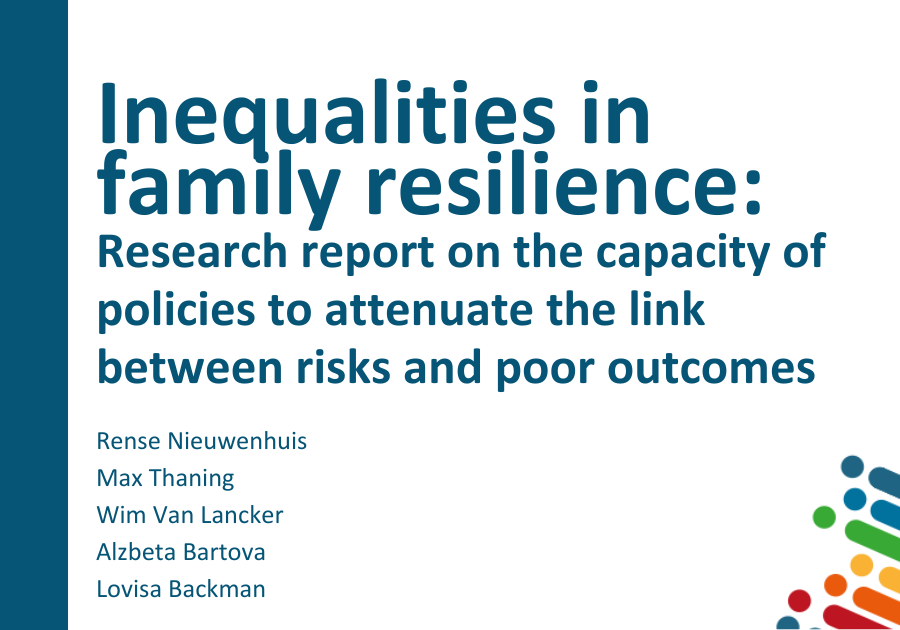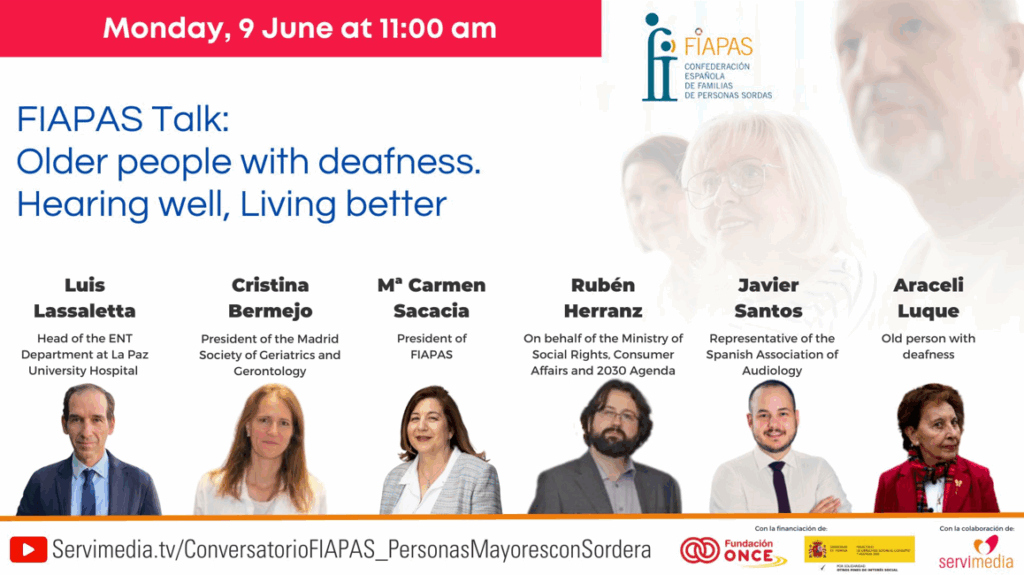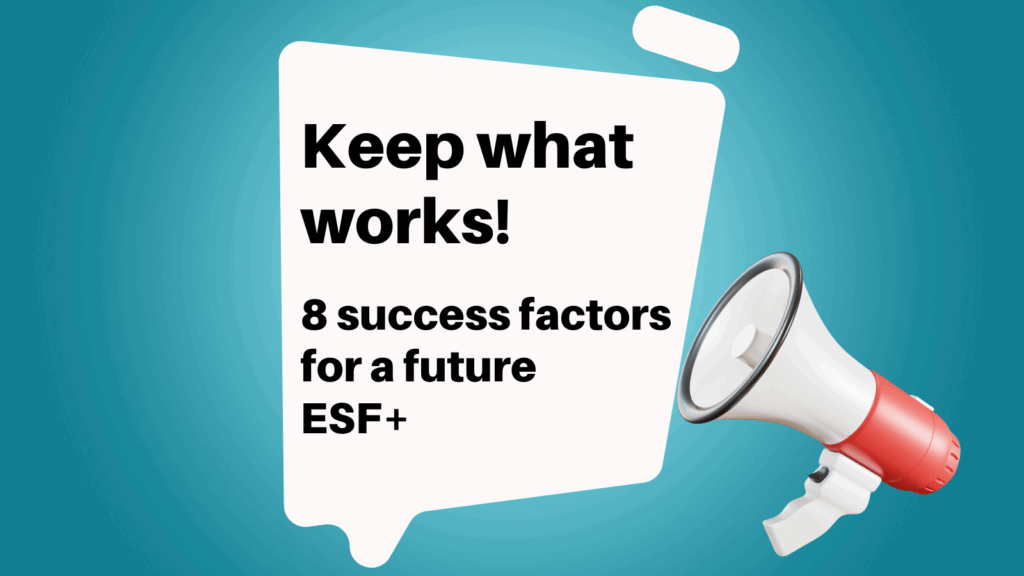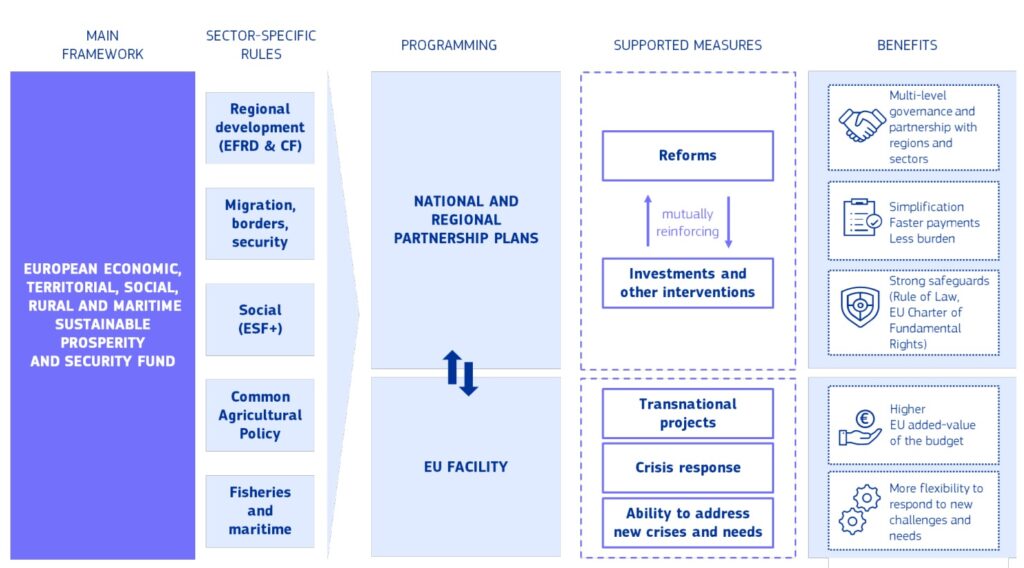This research report focuses on the capacity of policies to attenuate the link between risks and poor outcomes.
As “resilience” is increasingly used in European policy circles, it is important to acknowledge structural inequalities that are present in the capacity of families to be resilient. In this next working paper, an inequalities in resilience framework has been developed, which underlines inequalities in the capacity of families to anticipate, to absorb and / or to adapt to risks related to work, income and care. The inequalities in resilience framework situates inequalities in risk and resources centrally and makes a key distinction between ex-post resilience (responding to risks) and ex-ante resilience (in anticipation to risks). The result is a framework that differentiates between two distinct types of inequalities: inequalities in who experiences risks, and inequalities in how well people and families are resourced to respond to those risks.
The report shows how social policies have evolved in the areas of the labour market, care, and income protection, and provides critical reviews of the literature on these policy outcomes. These reviews showed that the benefits of these policies are unequal along the lines of socio-economic status and family form. In many cases, those who might need social protection most, do not benefit the most from these policies.
You can read more here and find the full working paper here.





